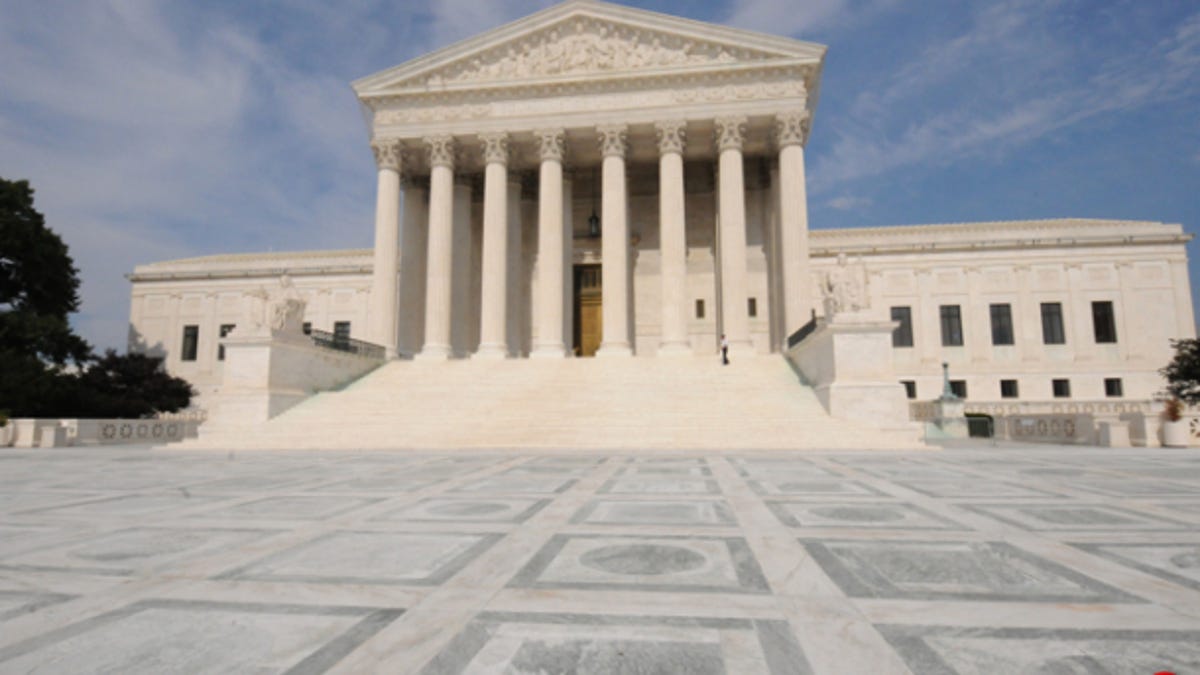NSA's warrantless surveillance gets a constitutional challenge
An accused terrorist and US resident becomes the first criminal defendant to legally confront the government for eavesdropping on his communications.

The National Security Agency's warrantless surveillance program received a highly charged constitutional challenge on Wednesday. This first-of-its-kind challenge comes via a motion filed by attorneys for Jamshid Muhtorov, an Uzbek refugee, Colorado resident, and accused terrorist, whose e-mail and possibly other communications were secretly gathered by the US government.
Muhtorov's motion not only sets up a likely court test of the constitutionality of government eavesdropping, but it could also be a signal of many more cases to come.
"American citizens and residents -- including Mr. Muhtorov -- have a constitutionally protected privacy interest in the content of their telephone calls and e-mails," the motion reads. "The Fourth Amendment's protection extends not just to domestic communications but to international ones as well."
Muhtorov was arrested and charged in 2012 with providing material support to the Uzbek resistance group Islamic Jihad Union, a designated Foreign Terrorist Organization. After his arrest, Muhtorov became the first criminal defendant to be notified by the US Justice Department that he was spied on under the Foreign Intelligence Surveillance Act, or FISA. The government told Muhtorov that it planned to use this information in its case against him.
Muhtorov's 55-page motion challenges the government's surveillance as evidence against him and asks the court to suppress this information on grounds that it was gathered illegally. The government has not disclosed exactly what or how much information was gathered, nor has it said if warrants were used.
"The fruits of the government's surveillance of Mr. Muhtorov must be suppressed because the statute that authorized the surveillance is unconstitutional..." the motion reads. "Mr. Muhtorov asks the Court to order the disclosure of information that would permit him and the Court to understand the role that the FAA [FISA Amendments Act] played in the government's investigation of him, and that would enable him to challenge the specific manner in which the FAA was used in his case."
In this case, FISA is being brought directly into question. FISA was created in 1978 and amended in 2008 to give the US government authority to perform bulk surveillance on the international communications of US citizens. The controversial 2008 FISA Amendments Act has been highly criticized by many civil liberties groups and lawmakers for allegedly violating the constitution's Fourth Amendment.
The American Civil Liberties Union has joined Muhtorov's lawyers in arguing that the FISA Amendments Act violates the constitution and Muhtorov's rights because it allows the government to monitor communications of US residents in bulk without court review.
"The FISA Amendments Act affords the government virtually unfettered access to the international phone calls and e-mails of US citizens and residents. We've learned over the last few months that the NSA has implemented the law in the broadest possible way, and that the rules that supposedly protect the privacy of innocent people are weak and riddled with exceptions," ACLU deputy legal director Jameel Jaffer said in a statement. "Surveillance conducted under this statute is unconstitutional, and the fruits of this surveillance must be suppressed."
[Via The Washington Post].

